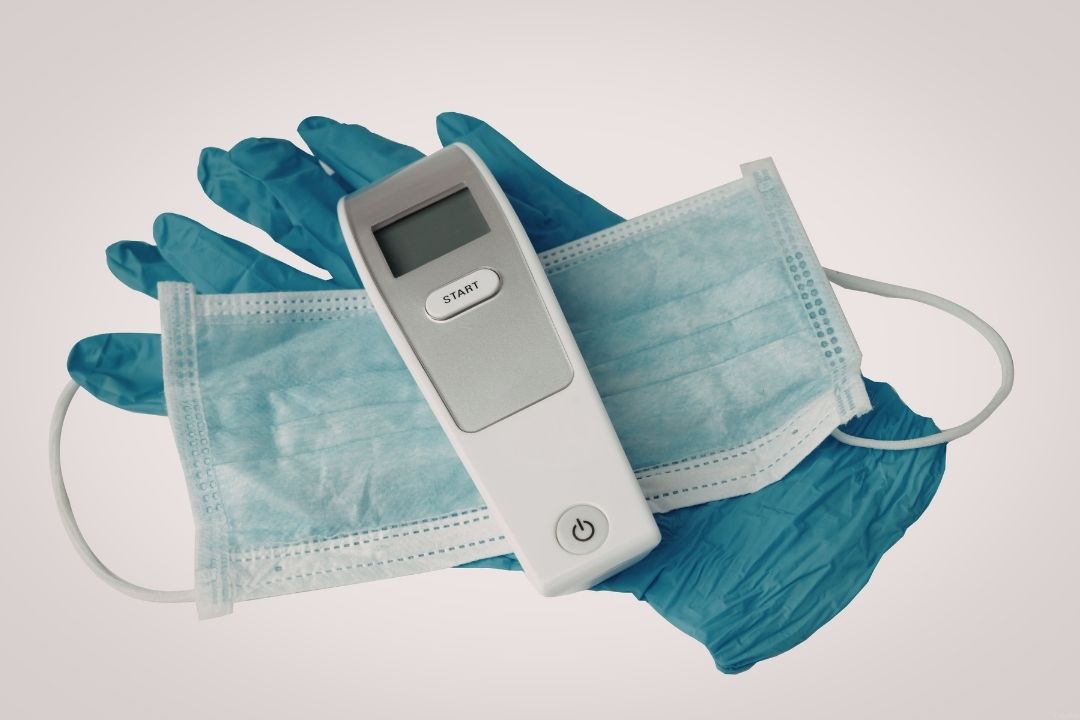
Nephrology nursing is a specialized field of nursing dedicated to the care of patients with kidney-related health conditions. These include acute and chronic kidney diseases, dialysis treatments, and post-transplant care. As vital members of the healthcare team, nephrology nurses contribute significantly to improving patient outcomes and quality of life. For healthcare workers and nurses considering this field, understanding its nuances and opportunities is essential.
The role and responsibilities of a nephrology nurse
Nephrology nurses are multi-faceted professionals tasked with providing holistic care to patients with renal issues. Their roles include:
1. Patient assessment and monitoring
Nephrology nurses regularly evaluate patients' health status, focusing on physical symptoms, lab results, and overall well-being. They monitor vital signs, assess kidney function, and detect early signs of complications.
2. Dialysis management
One of the primary responsibilities of nephrology nurses is managing dialysis procedures, whether hemodialysis or peritoneal dialysis. They ensure treatments are performed safely and efficiently, educating patients about the process and addressing concerns.
3. Patient education
Education is a cornerstone of nephrology nursing. Nurses guide patients and their families on understanding kidney disease, treatment options, and the importance of lifestyle changes like diet and medication adherence.
4. Collaboration with healthcare teams
Nephrology nurses work closely with nephrologists, dietitians, social workers, and other specialists to develop comprehensive care plans tailored to individual patient needs.
5. Advocacy and support
Supporting patients emotionally and advocating for their needs is a critical aspect of nephrology nursing. Many patients with kidney disease face significant emotional and psychological challenges, and nurses play a key role in providing compassionate care.
Essential skills and qualifications
To excel in nephrology nursing, specific skills and qualifications are essential:
Educational requirements
- A Bachelor of Science in Nursing (BSN) or an equivalent degree is typically required.
- Specialty certifications, such as the Certified Nephrology Nurse (CNN) or Certified Dialysis Nurse (CDN), enhance credibility and career prospects.
Clinical skills
Nephrology nurses need to master various technical procedures, including:
- Initiating and monitoring dialysis treatments.
- Administering medications tailored for renal patients.
- Interpreting diagnostic tests related to kidney function.
Interpersonal skills
Communication and empathy are critical. Nephrology nurses must build trust with patients, explain complex medical concepts clearly, and provide emotional support.
Critical thinking
Kidney-related conditions often involve complex cases requiring rapid problem-solving. Nephrology nurses must identify and respond to potential complications promptly.
Work environments for nephrology nurses
Nephrology nurses can work in a variety of settings, each offering unique challenges and opportunities:
Hospitals
Acute care settings provide exposure to critically ill patients experiencing renal failure or post-transplant complications. Nurses often manage emergency interventions and collaborate with multidisciplinary teams.
Dialysis centers
Outpatient facilities are common workplaces for nephrology nurses. These centers focus on long-term care for patients requiring regular dialysis sessions, fostering close relationships with patients over time.
Home healthcare
In-home care offers an opportunity to work with patients undergoing home dialysis therapies. This setting allows nurses to educate families, ensure equipment is properly maintained, and provide personalized support.
Long-term care facilities
Elderly patients with chronic kidney disease often reside in nursing homes or assisted living facilities. Nephrology nurses play a critical role in managing their ongoing care and coordinating with facility staff.
Career outlook and advancement opportunities
Job demand
The demand for nephrology nurses is steady, driven by increasing rates of chronic kidney disease and an aging population. According to the U.S. Bureau of Labor Statistics, employment for registered nurses is projected to grow by 6% from 2022 to 2032, underscoring the field’s stability.
Advancement opportunities
Career advancement in nephrology nursing can include:
- Obtaining advanced certifications (e.g., CNN or CDN).
- Pursuing a Master of Science in Nursing (MSN) or becoming a Nurse Practitioner (NP) specializing in nephrology.
- Engaging in research focused on kidney disease treatments and management.
- Transitioning into leadership roles such as Nurse Manager or Director of Nephrology Services.
Challenges and rewards of nephrology nursing
Challenges
- Complex patient needs: Managing patients with comorbidities like diabetes and hypertension can be demanding.
- Emotional strain: Caring for chronically ill patients and witnessing their struggles can take an emotional toll.
- Ongoing learning: Staying updated with advancements in nephrology requires continuous education and training.
Rewards
- Making a difference: Nephrology nurses profoundly impact their patients' quality of life, enabling them to lead healthier lives despite chronic conditions.
- Building relationships: Long-term care allows nurses to form meaningful connections with patients and their families.
- Professional fulfillment: The combination of technical expertise and compassionate care makes nephrology nursing a deeply rewarding career.
Is nephrology nursing right for you?
Nephrology nursing is a dynamic and fulfilling specialty that offers diverse opportunities to make a lasting impact on patients’ lives. Whether working in hospitals, dialysis centers, or home healthcare, nephrology nurses are at the forefront of kidney care. Their expertise, compassion, and dedication ensure that patients with kidney disease receive the highest standard of care.
If you are a healthcare professional seeking a challenging yet rewarding career path, nephrology nursing may be the perfect fit for you. The field’s growth potential and the opportunity to make a meaningful difference in patients' lives make it an excellent choice for those looking to specialize in nursing.





